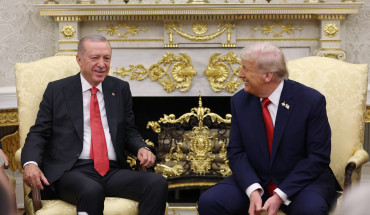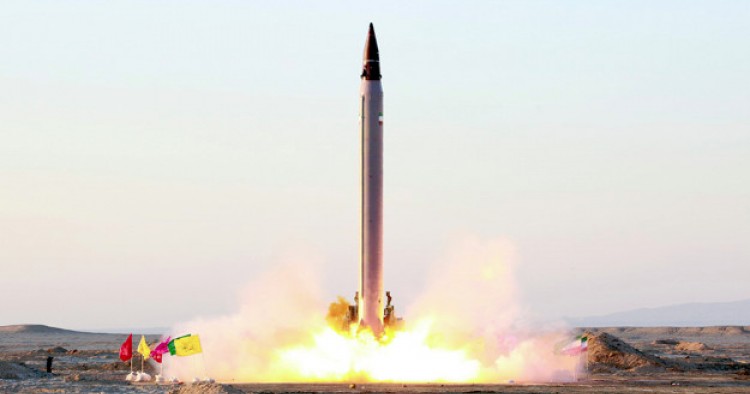The chief commander of the Islamic Revolution Guards Corps (I.R.G.C.) Aerospace Force has said that the Islamic Republic has stepped up its efforts to enhance its missile capability and emphasized that the country will not commit the mistake of the former Libyan regime of Muammar Gaddafi to surrender its military assets. “Our current enemy is thinking of replicating the Libya case to our country. They first disarmed Libya and then created this situation in the country with an attack,” said Brigadier General Amir Ali Hajizadeh. He also pointed out that the United States and its allies seek to weaken and ultimately topple the Iranian regime through economic sanctions, psychological warfare and cultural propaganda. But he stressed that the Islamic Republic will not allow the United States to repeat the Libya scenario on Iran. “God willing, all enemy plots will be defeated as in the past… Today, the enemy’s attack against our missile through sanctions and similar actions has prompted us to multiply our efforts in this path,” he added. Hajizadeh also criticized those inside Iran who seek cooperation and dialogue with the West.
Comment: Iran’s missile activity has been a constant source of tension between Washington and Tehran in recent years. Although the Trump administration has warned Iran to halt its missile program and has imposed new sanctions on the country’s entities associated with the program, Tehran has only accelerated its drive to upgrade its missile capabilities.
Last month, Iran launched its most advanced satellite-carrying rocket into the orbit, a move condemned by the United States, France, Germany and Britain, all signatories of the Iran nuclear deal. The described Iran’s launch as “inconsistent” with a U.N. Security Council resolution that endorsed the nuclear accord.
While Iranian hardliners and reformists differ on many domestic and foreign policy issues, they are largely united in supporting the country’s missile program at any cost. At the first press conference since winning reelection, Rouhani said that the Islamic Republic would continue its ballistic missile program despite Washington’s concerns. “American authorities should know that whenever we need to test a missile for technical reasons, we will carry it out. And we will not wait for them or their permission,” he said defiantly after U.S. and Saudi leaders criticized Tehran’s regional policies at the Riyadh summit.
While the nuclear agreement does not address Iran’s missile program, the subsequent U.N. Security Council Resolution 2231 “calls upon Iran not to undertake any activity related to ballistic missiles designed to be capable of delivering nuclear weapons, including launches using such ballistic missile technology.” Iranian leaders argue that the country’s missiles are not designed to carry nuclear warheads, but U.S. officials say some of the missiles Iran has tested after the 2015 nuclear deal have been "inherently capable of delivering nuclear weapons" and are "in defiance of" the U.N. resolution.
The Middle East Institute (MEI) is an independent, non-partisan, non-for-profit, educational organization. It does not engage in advocacy and its scholars’ opinions are their own. MEI welcomes financial donations, but retains sole editorial control over its work and its publications reflect only the authors’ views. For a listing of MEI donors, please click here.













